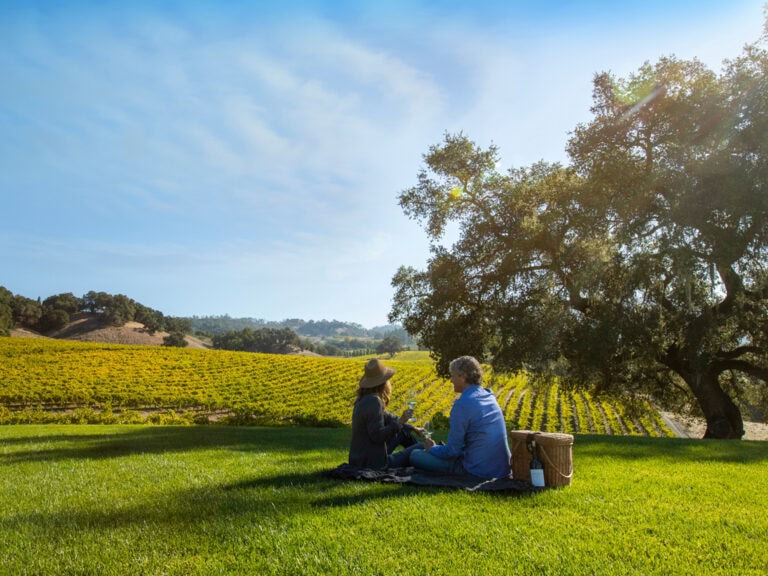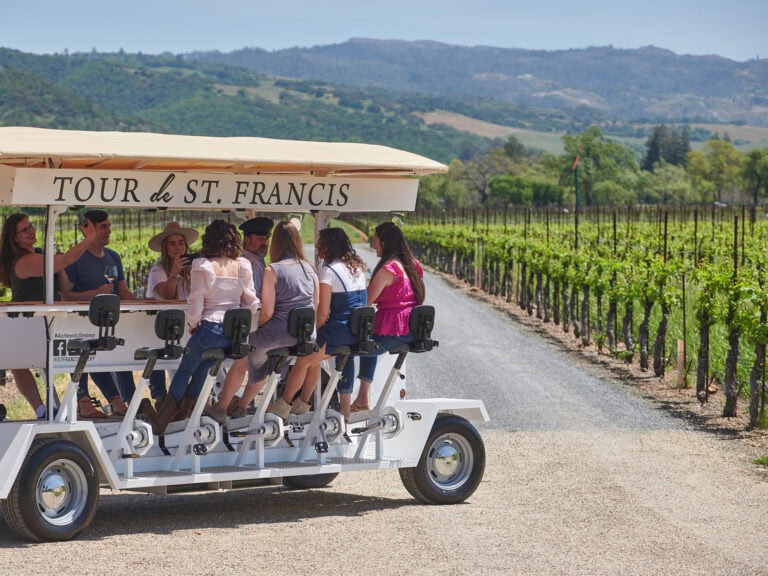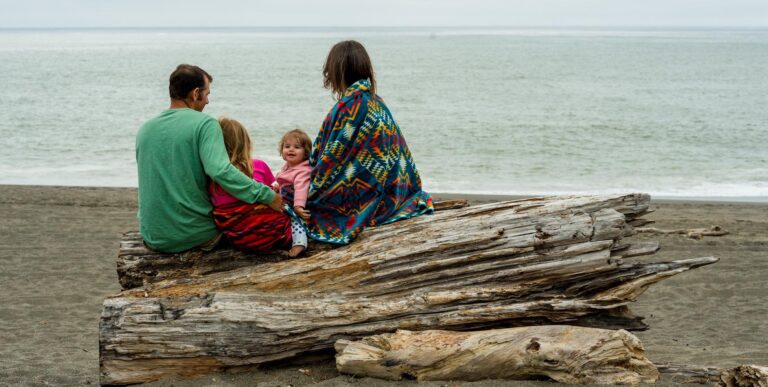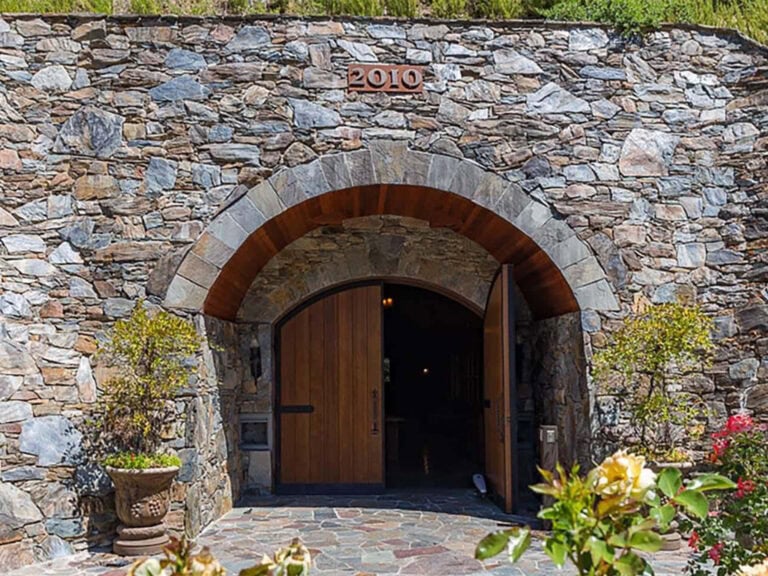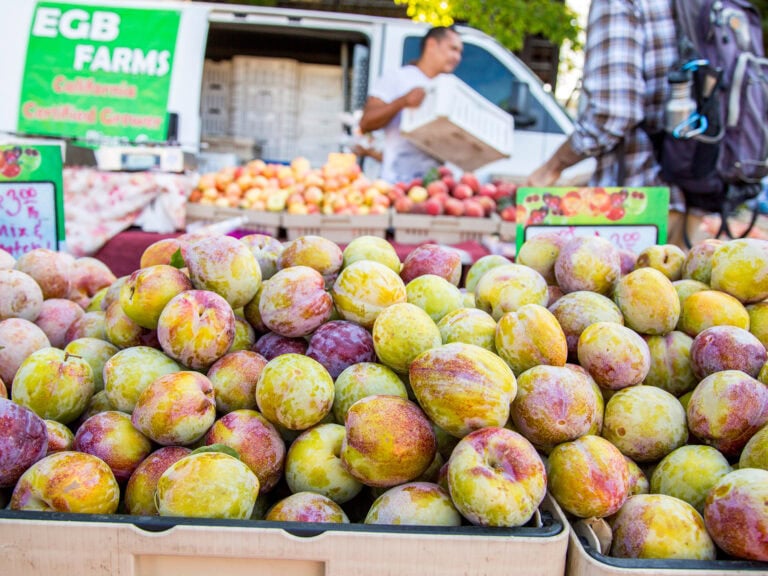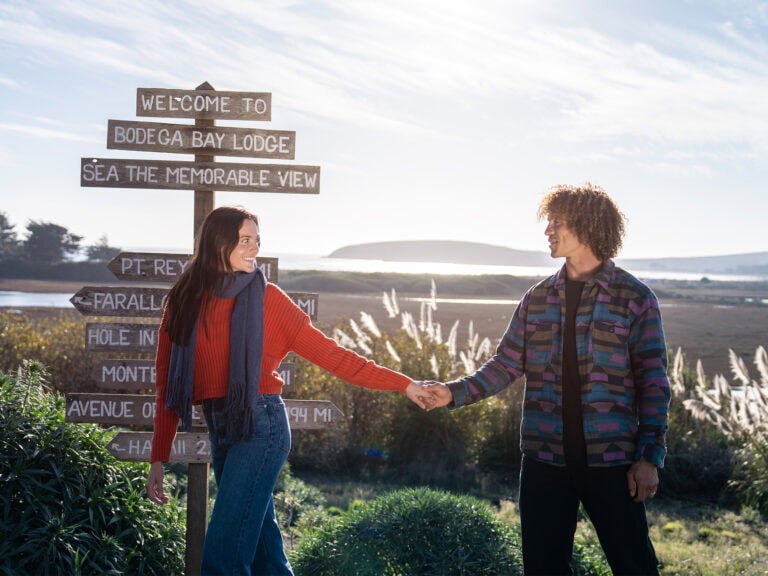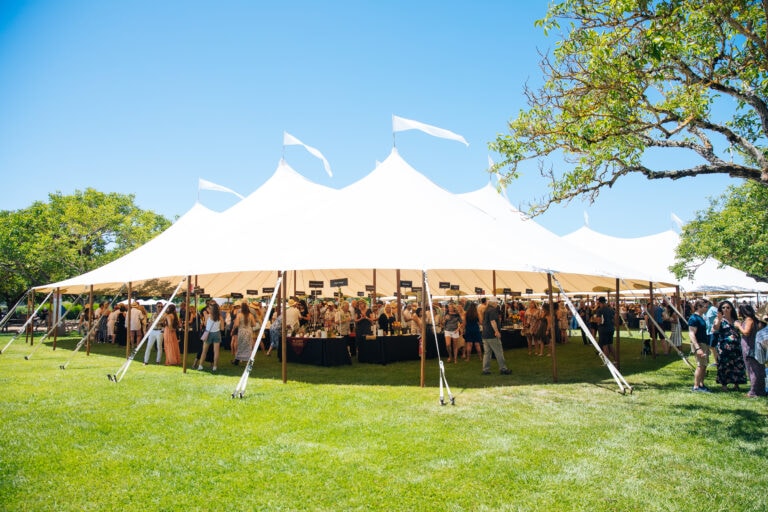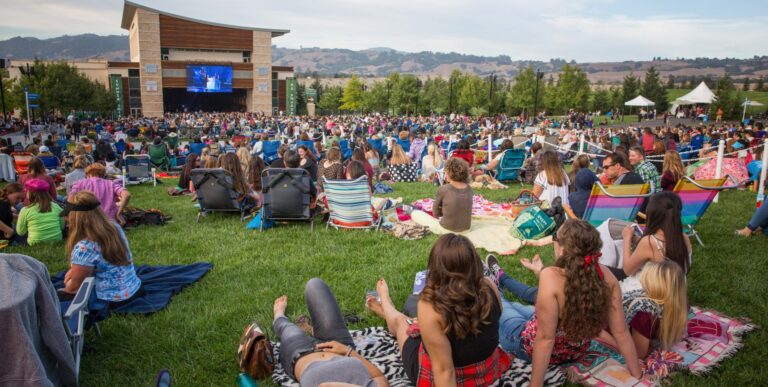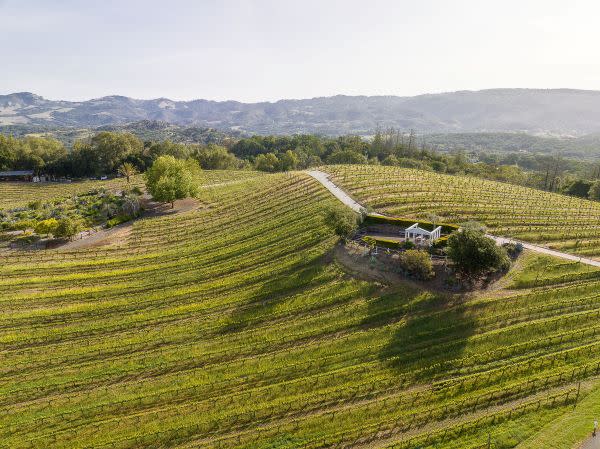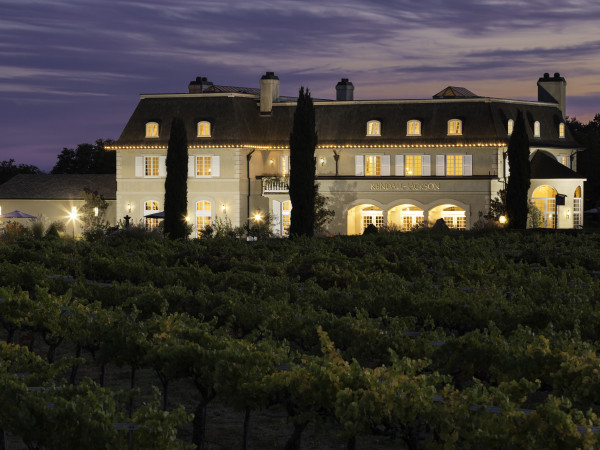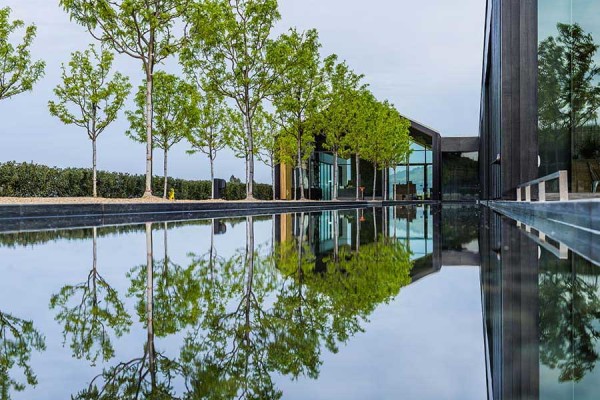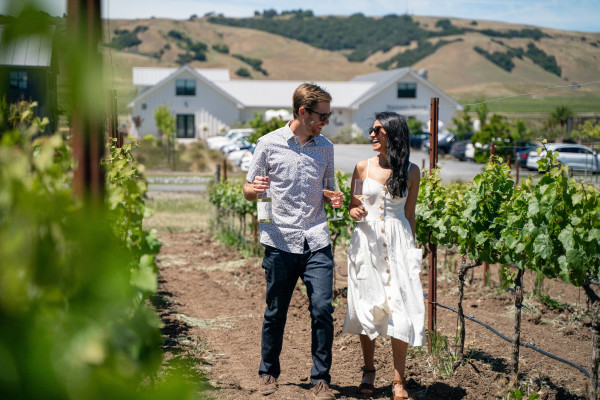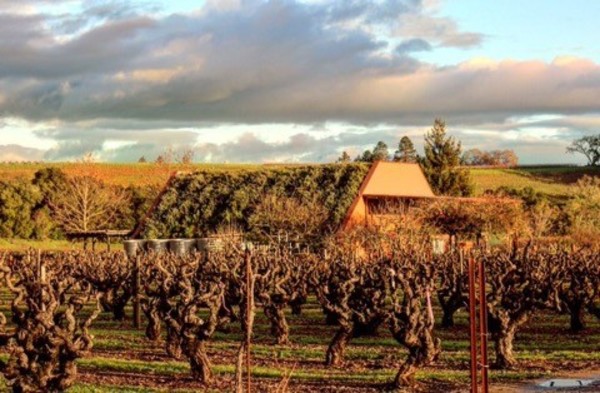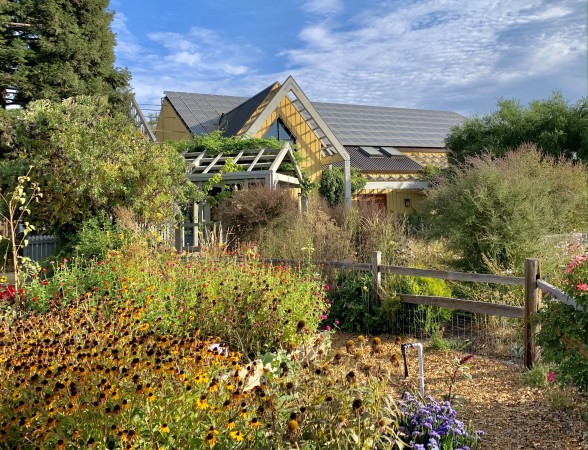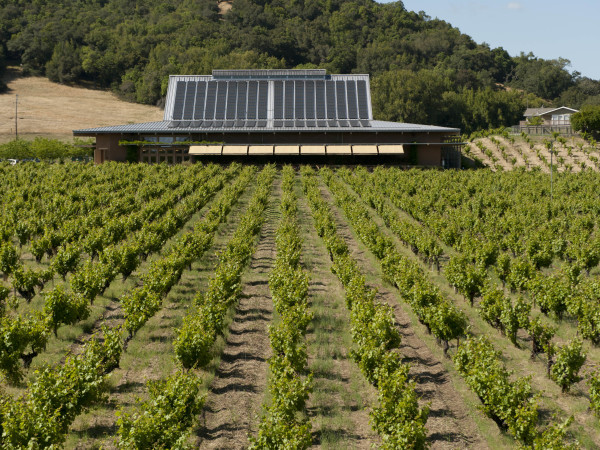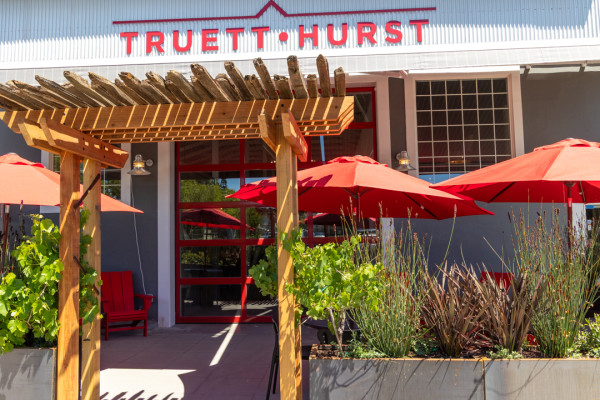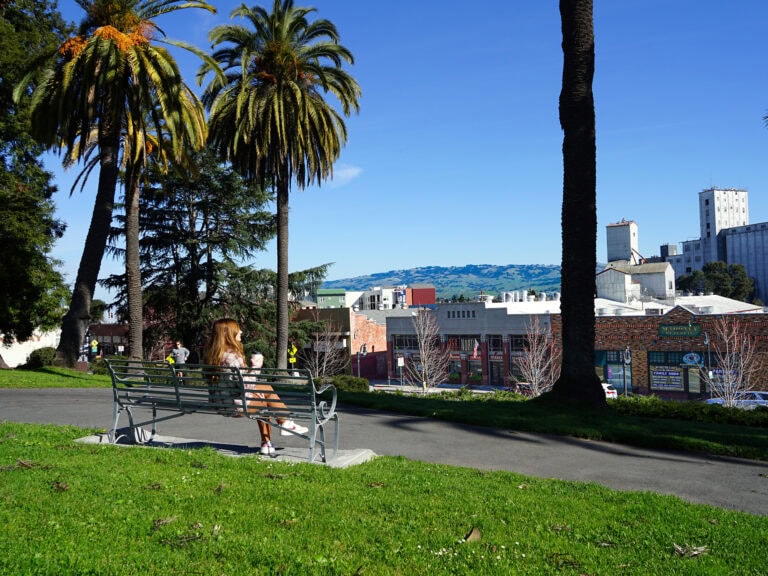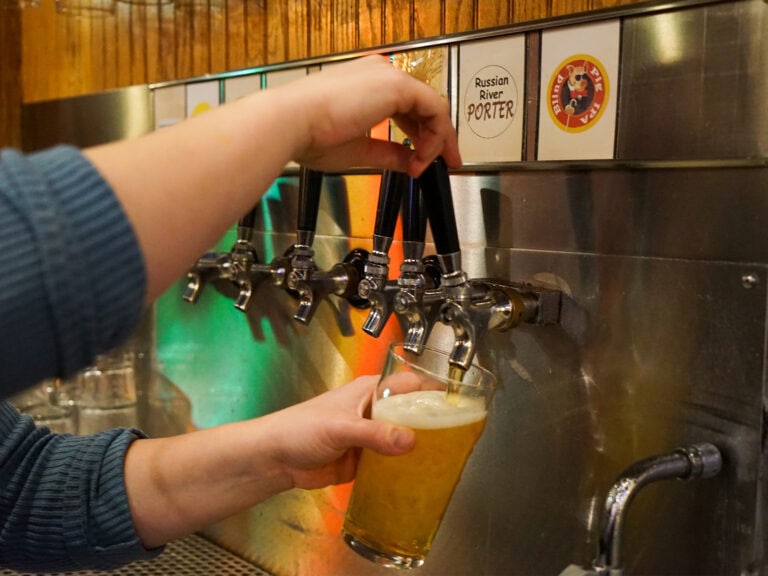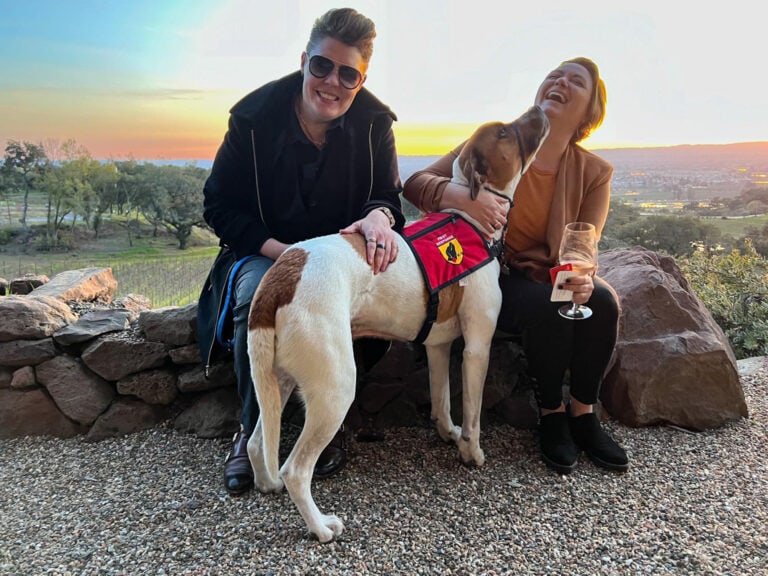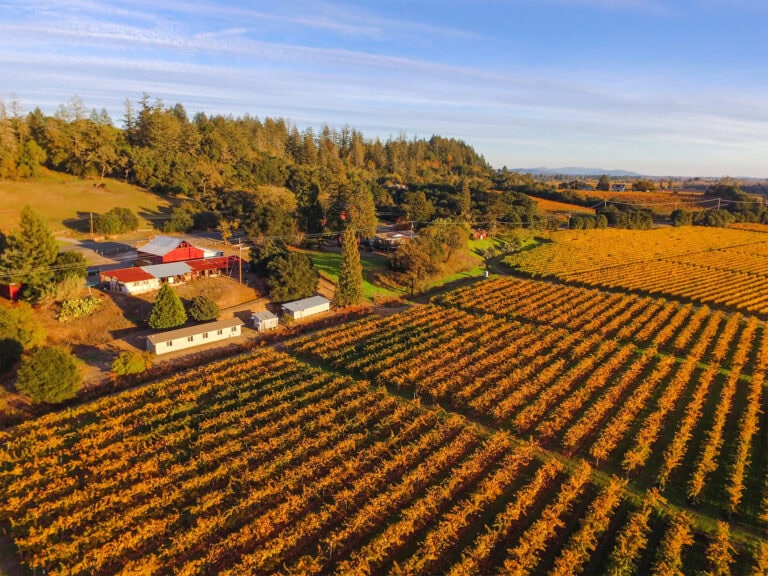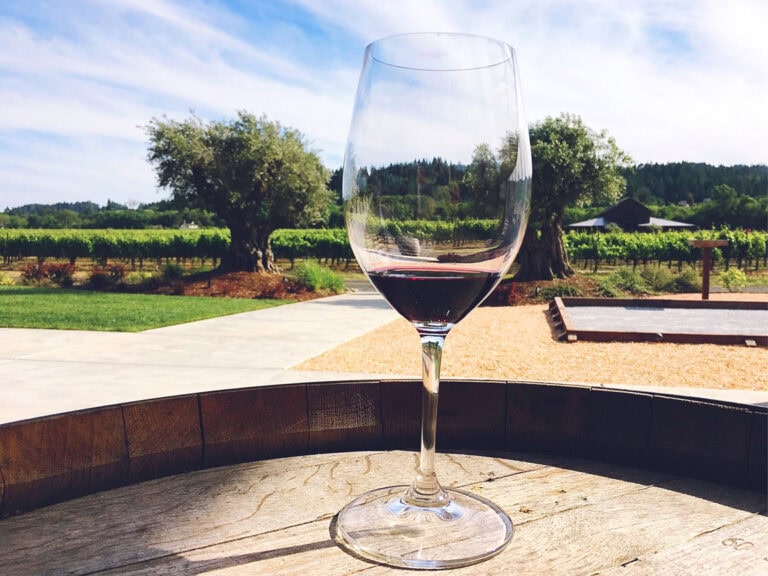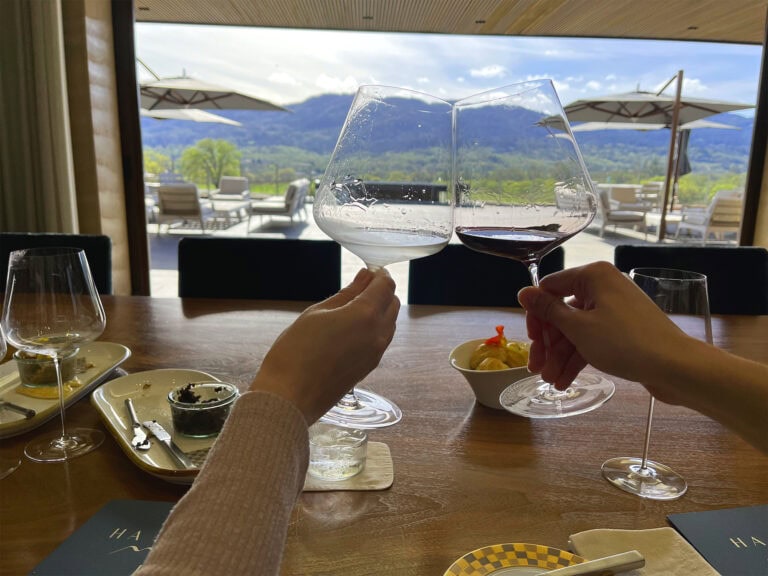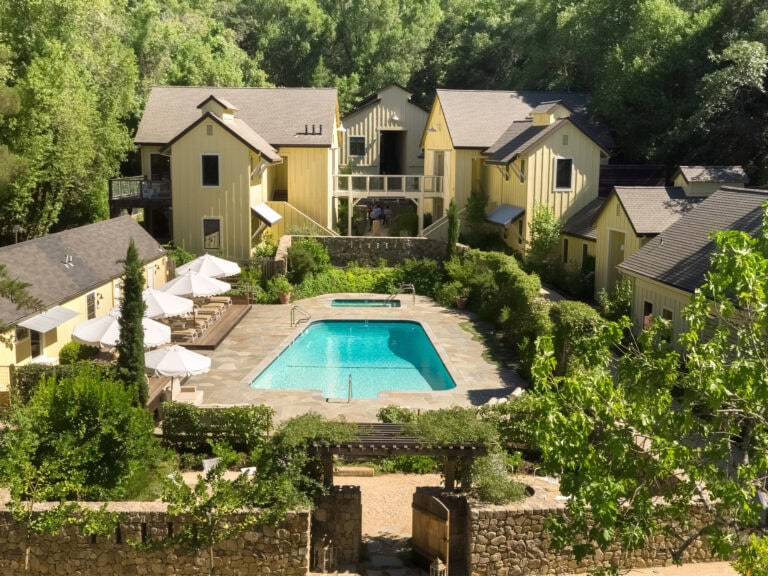5 Eco-Friendly Sonoma Wineries You Should Know
Sonoma wineries increasingly employ environmentally ethical practices to their businesses, not only to produce better wines but to take care of the land for future generations, lower carbon footprints, preserve natural habitats, reduce or eliminate the use of harmful herbicides and pesticides and sustain agricultural businesses for the long term.
There are many ways wineries and growers approach the challenge and many organizations and certification boards that give their blessings to “green” wine making and grape growing. In 2014, Sonoma County Winegrowers committed to becoming the most sustainable winegrowing region in the world. The organization claims that 99% of the vineyard acreage in the county now has been certified sustainable by a third-party program.
But “sustainable” is subjective, not just in Sonoma, but throughout the world. In its broadest definition, it means an entity has developed practices that are environmentally friendly, socially responsible and economically viable. Organic farming enters the sustainability picture by specifically banning the use of synthetic pesticides and herbicides in agriculture. Biodynamic farming has been called “organics on steroids,” with the addition of natural compost applications, farm-animal waste used as fertilizers and even planting by the lunar cycle.
Benziger Family Winery in Glen Ellen has been the leader in Sonoma County biodynamic farming for two decades, encouraging a healthy ecosystem. Santa Rosa’s Kendall-Jackson, one of California’s largest wine producers, is a winner of the California Green Medal Leader Award for its many sustainability programs. Silver Oak Alexander Valley earned global recognition in 2017 for its Leadership in Energy and Environmental Design (LEED) Platinum status, making it the first commercial winery in the world to attain the green-building program’s highest recognition for new construction.
But these aren’t the only Sonoma wineries making big moves to do the right thing for the land, vines, wines, employees and neighbors. Here are five others to know and visit now.
Anaba Wines
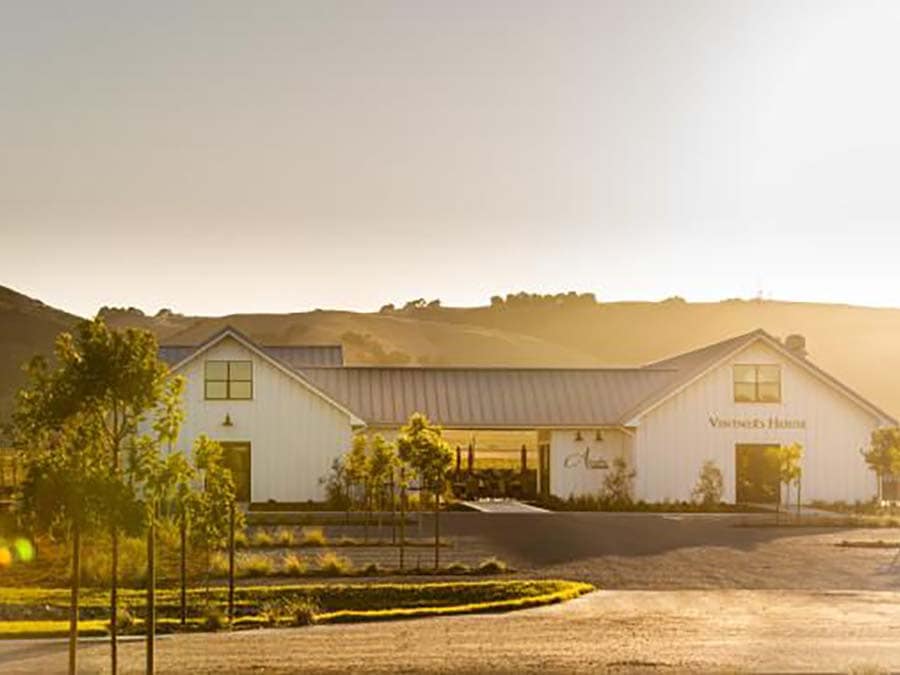
In 2009, this Sonoma Valley winery became the first in Northern California to use wind to help power operations. Owner John T. Sweazey installed a 45-foot Skystream wind turbine on the Carneros property, allowing the anabatic winds from San Pablo Bay and the Pacific Ocean turn the turbine’s rotors and produce electricity. An electric car charging station was added in 2015, for use by tasting room guests and staff, and solar panels are being installed. “By the end of 2020, we plan to be producing more power than we use, between wind and solar sources,” Anaba Brand Manager Molly Lomenzo said.
Sweazey’s son, John Michael, now runs the winery, and Katy Wilson is the winemaker. Burgundian and Rhone Valley varieties are the focus here: chardonnays, pinot noirs, viogniers and syrahs that are elegant, refined and energetic. Grapes from the estate J McK Vineyard are joined by fruit from vineyards such as Bismark, Dutton Ranch, Landa, Sangiacomo Roberts Road and Wildcat Mountain, giving Wilson diversity and depth in her winemaking options.
Anaba’s new Vintners House tasting room is open 10:30 a.m. – 5 p.m. Thursday – Monday.
62 Bonneau Road, Sonoma, 707-346-5207
Nalle Winery
Forty-some years ago, Doug and Lee Nalle wanted a cave for the Dry Creek Valley winery they were building on land owned by Lee’s family, the Henderlongs, since the 1920s. The property was planted to zinfandel, and many of the vines remain today. But the site wasn’t conducive to digging a wine cave, so the Nalles did the next best thing — they covered their ground-level, Quonset hut-style winery with dirt 3 to 6 feet thick, planted 300 rosemary plants to keep the soil in place and voila, they had an above-ground cave which kept a constant cool temperature without using any energy.
As a bonus, the rosemary blooms invited busy bees — and still do — which assist in the pollination of non-grape plants (grapevines are self-pollinating) that add nitrogen and nutrients to the soil. Bees also protect beneficial insects from the destructive ones.
From the start, the Nalles stuck to their mantra of making zinfandels that were balanced and fresh-tasting, with the grape’s signature intense berry/cherry fruit character, yet without high alcohol and sweetness. Now the couple’s son, Andrew Nalle, and his wife, April, handle the winemaking and viticulture while upholding the original Nalle style. Their Estate Old Vine Zinfandel comes from the dry-farmed (no irrigation), head-trained vines. The Dry Creek Valley Classic Zinfandel is a blend of estate and neighboring vines. Both clock in at just 13.9% alcohol.
Over time, the Nalle family added sauvignon blanc, sparkling chardonnay, pinot noir and cabernet sauvignon to their lineup, all in small quantities and available only at the winery and a handful of restaurants. Taste these beauties and some history at the oddball, ahead-of-its-time eco-friendly winery, open 10 a.m. – 4 p.m. Friday and Saturday.
2383 Dry Creek Road, Healdsburg, 707-433-1040
Quivira Vineyards
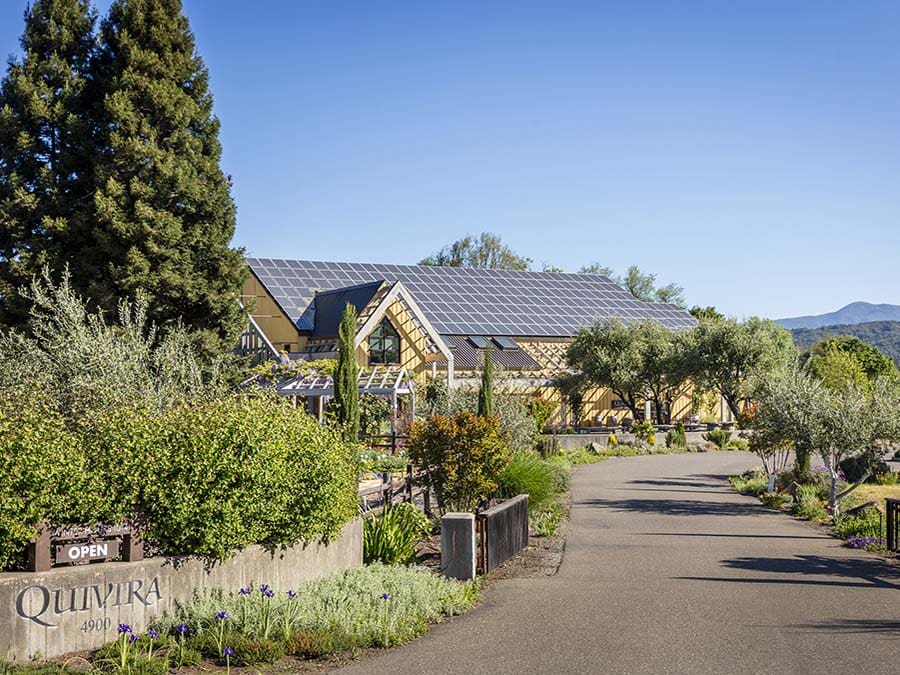
Organic farming is but one of many ecologically sound steps this Dry Creek Valley winery takes in the production of its wines. Winemaker Hugh Chappelle has a gift for producing vibrant sauvignon blanc — as many as four different bottlings in a given vintage — and rousing zinfandels. Grenache and other Rhone Valley varietals are other specialties.
On the ranch, composting of winery pomace (leftover grape skins and seeds) and estate livestock manure adds nutrients to the soils, as do cover crops in the gardens and vineyards. Creeks and riparian corridors that run through the property enhance diversity; ongoing restoration of Wine Creek allows coho salmon and steelhead trout to thrive during spawning season. All vineyard preparation materials are grown on the estate. Nine breeds of chickens, fed from the garden waste, produce eggs, and beehives encourage pollination of produce grown in the raised garden beds and elsewhere on the property. A solar electric system has supplied more than half of Quivira’s energy needs since 2005, a prescient move that is increasingly being replicated by other wineries.
Olive oils and jams made from estate-grown berries, peaches and Meyer lemons are sold in the tasting room, open 11 a.m. – 4 p.m. Thursday – Monday. The Classic Tasting includes five wines; the Estate Tasting offers six wines, served with charcuterie and other bites.
4900 West Dry Creek Road, Healdsburg, 707-395-3929
Ridge Lytton Springs
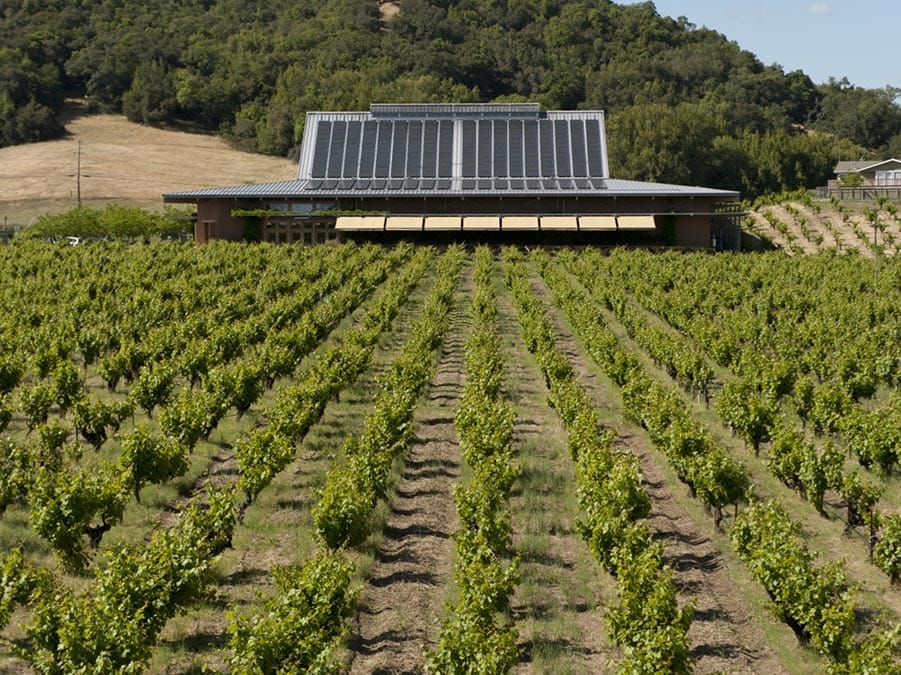
Old-vine zinfandel is the raison d’être at Ridge Lytton Springs, the Sonoma outpost of Ridge Vineyards in the Santa Cruz Mountains — maker of one of the world’s most respected cabernet sauvignons, Ridge Monte Bello.
The zins from Ridge Lytton Springs — more than a dozen of them from grapes grown throughout the state but weighted toward Alexander, Dry Creek and Sonoma valleys — are equally admired. They are remarkably balanced, without an alcoholic fruit bomb among them, and have a reputation for aging beautifully. John Olney makes the wines at Ridge’s eco-sustainable winery on Lytton Springs Road, located between Healdsburg and Geyserville.
The facility is built of straw bales and vineyard clay and is primarily solar-powered. Ridge is the largest grower of organically certified grapes in Sonoma County, and all the vineyards it farms are certified sustainable by Fish Friendly Farming. Composted pomace and neighbors’ horse manure are added to the vineyards. Cover crops are grown in each block, insectories are maintained, sensors indicate when to irrigate vines in order to save water and gray water from the property is recycled and can be used for irrigation. Bird boxes and raptor roosts encourage the presence of flying bug and rodent eaters.
In addition, Ridge lists on its labels all ingredients used in the production of each wine. On the label for the 2018 Pagani Ranch Sonoma Valley Zinfandel: “Hand-harvested grapes, indigenous yeast, naturally occurring malolactic bacteria, oak from barrel aging, SO2.” And nothing else.
Taste single-vineyard, zinfandel-based wines such as Geyserville, Lytton Springs and Pagani at the Outdoor Terrace tasting, 11 a.m. – 4 p.m. Thursday – Monday. It’s a seated experience that might also include petite sirah, carignane, mataro (mourvedre) and if one is lucky, a Ridge cabernet sauvignon.
650 Lytton Springs Road, Healdsburg, 408-867-3233
Truett-Hurst/VML Winery

Paul Dolan, who sparked Fetzer Vineyards’ massive move to organically farmed grapevines starting two decades ago, retired from the Mendocino County company in 2004 and embarked on several wine-based projects, among them Truett-Hurst in Sonoma’s Dry Creek Valley. The estate, certified for both its organic and biodynamic farming practices, ticks all the sustainability boxes for what a winery can do to care for its vines and environment.
At Truett-Hurst, biodynamic farming includes organic practices and treats the farm as a self-contained and self-sustaining organism capable of creating and maintaining its own vitality. Hedgerows and other plants create safe homes for beneficial bugs that prey on those that damage grapevines and other plants. Compost, made onsite from pomace and cow manure, adds fertility to the soils. Crimson clover, purple vetch, bell beans, peas and oats are grown in the vineyard rows; they pull carbon from the air and send it through the plants’ roots into the ground and feed grazing goats and sheep during the dormant season. Their droppings become nutrient-rich fertilizer.
According to Dolan, Truett-Hurst also works with government agencies to restore the portion of Dry Creek that flows through the estate.
Winemaker Ross Reedy bottles an array of wines, including sauvignon blanc, chardonnay, pinot noir, zinfandel, merlot and cabernet sauvignon. He also guides winemaking for sister brand VML, which excels in sauvignon blanc, chardonnay and pinot noir. Both brands are poured at the tasting room, which is open 10 a.m. – 4 p.m. daily for by-the-glass and bottle sales (no tastings). Picnicking is encouraged, with the purchase of wine.
5610 Dry Creek Road, Healdsburg, 707-433-9545
By Linda Murphy
THIS IS WINE COUNTRY.
Share your experience using #SonomaCounty or #LifeOpensUp
